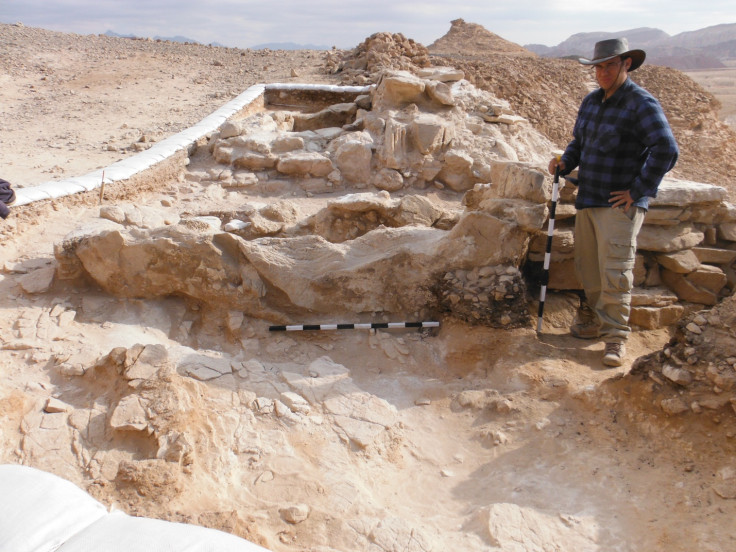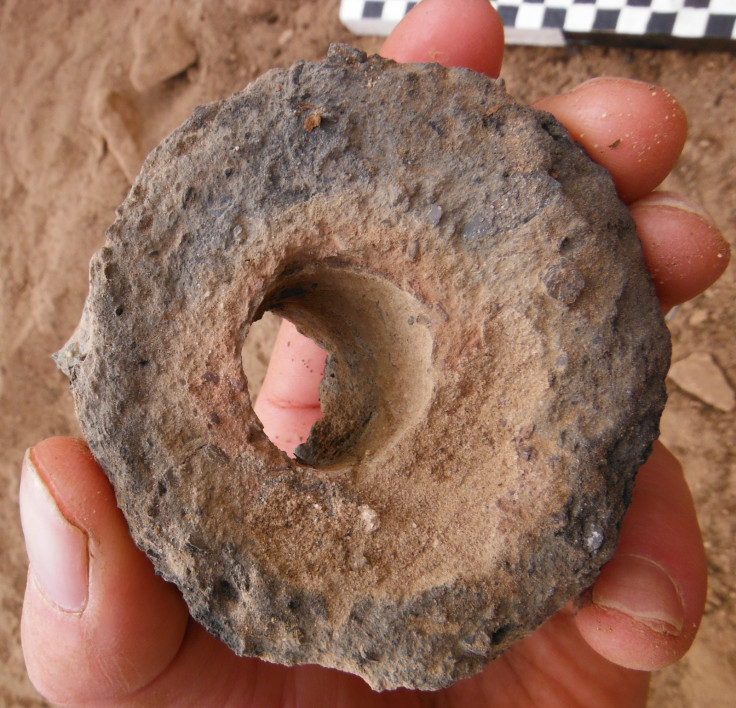Desert ruins from King Solomon's period could be site of biblical battles
A fortified gatehouse shows signs of military activity and complex social structure in an Iron Age camp.
A copper smelting camp in the Timna Valley in Israel, complete with military fortifications, has been identified by archaeologists as a possible site for traditional accounts of battles described in the Old Testament.
The camp dates back to the 10th Century BCE, thought to have existed during the reigns of King Solomon and King David. The presence of a fortified gatehouse indicates that occupants of the copper smelting camp were engaged in military activity.
"Copper was a rare product and very challenging to produce," said Erez Ben-Yosef of Tel Aviv University's Institute of Archaeology, author of a study on the site published in the Journal of Archaeological Science.
"Because copper – like oil today, perhaps – was the most coveted commodity, it landed at the very heart of military conflicts. The discovery of the fortification indicates a period of serious instability and military threats at that time in the region."
The archaeologists also unearthed animal pens flanking the gatehouse that were likely to have been used for long-range transport of goods to and from the camp.
Biological remains including animal bones, pollen and seeds were found in the pens. Donkeys or mules were kept in stables and fed on high-quality hay and grape pomace that originated hundreds of miles away in the Mediterranean.
The two-room fortification is also thought to have had administrative functions. "The gatehouse fortification was apparently a prominent landmark," Ben-Yosef said.

"The copper smelting camp could have been the site of wars during the time of King David and King Solomon.
"According to the Bible, David travelled hundreds of miles outside of Jerusalem and engaged in military conflict in the desert – striking down 18,000 Edomites in the Valley of Salt," he continues. "Now, having found evidence of defensive measures – a sophisticated fortification – we understand what must have been at stake for him in this remote region, copper," Ben-Yosef adds.
While the findings are not hard evidence that these biblical conflicts really occurred, Ben-Yosef argues that they are an important part of the puzzle.
"The historical accuracy of the Old Testament accounts is debated, but archaeology can no longer be used to contradict them."

© Copyright IBTimes 2025. All rights reserved.






















